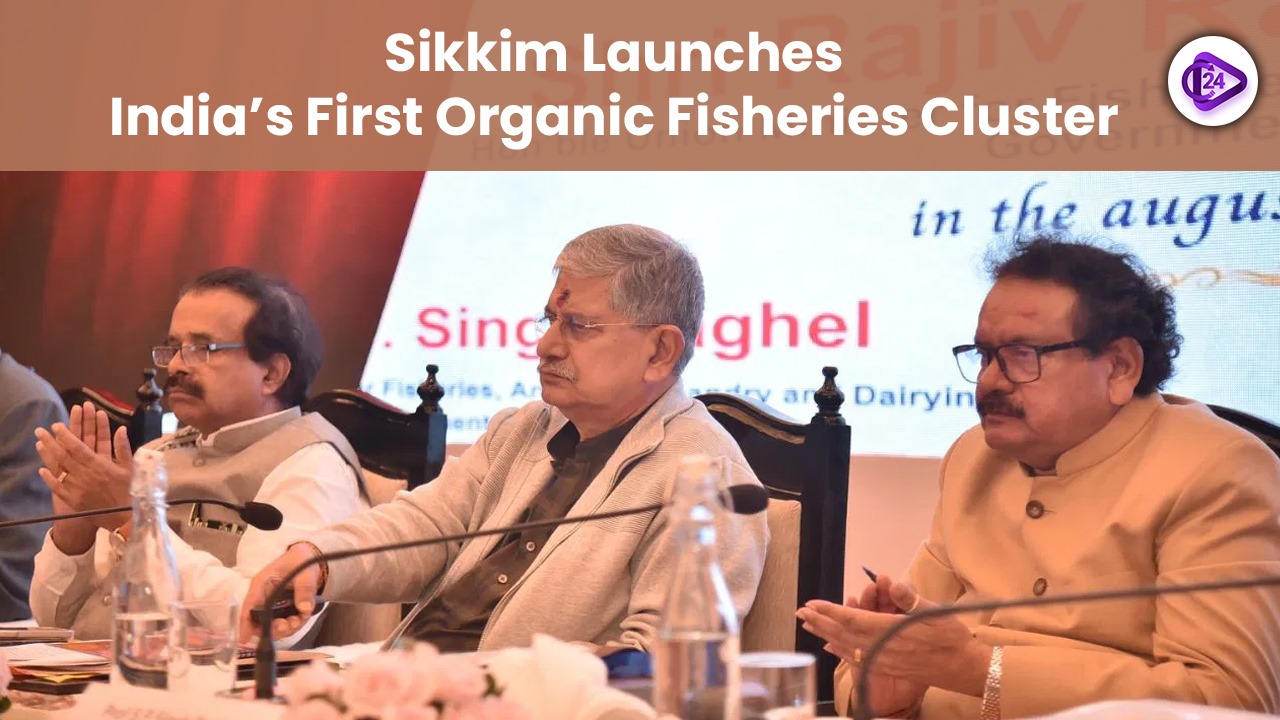
Sikkim’s first Organic Fisheries Cluster and flagging Projects of ₹50 crores under Pradhan Mantri Matsya Sampada Yojana (PMMSY) set in Soreng District, Sikkim. It fits the slogan of sustainability with its focus on the domestic and export markets. The fisheries sector infrastructure, employment opportunities, and the enhancement of aquaculture output in the North-East Region in Guwahati.
The fact that NABARD was involved in the Organic Fisheries Cluster endorses the impact of funding and technical backups in fostering innovation solutions. Using the cluster-based approach, it is possible to raise income, fill the gaps in the value chain, and build sustainability for India's fisheries sector. The North-Eastern region with its high biological diversity is ready to set up the blue economy vision of India with such interventions and the right approaches and growth in fish production.
Key points
-
Location: Soreng District, Sikkim.
-
Objective: Increase farmer earnings and encourage responsible farming of fish.
-
Key Feature: Low-tech, drug-free, and chemical-free raised organic fish feeds environmental-conscious international customers.
-
Support: NABARD is to financially and technically support the selected AUUs besides capacity building, Laying the foundation Stone of Projects Exceeding ₹50 Crore, Guwahati
Inauguration of Projects Worth ₹50 Crore in Guwahati
-
Projects Under: The flagship programme is the Prime Minister’s Integrated Matsya Sampada Yojana (PMMSY).
-
Scope: North-Eastern Regional States excluding Arunachal Pradesh and Mizoram.
-
Focus Areas: Hatcheries, cold storage, ornamental fish rearing, biofloc systems, aquaparks, and fish kiosks.
-
Impact: Generation of 4,530 employment openings (direct and induced).
Cluster based approach in Fisheries development
-
Concept: Improve the competitiveness of the chain by co locating value activities and the affiliated production and processing centers.
-
Benefits: Such factor as economies of scale, better income per farmer, and solidified value chain.
-
Clusters in India: Pearl Fisheries- Jharkhand, & Seaweed- Lakshadweep, Tuna – Andaman & Nicobar camps and the recently accorded Organic Fisheries Cluster, Sikkim.
Emphasis on the North Eastern Region (NER)
-
Significance: A biological diversity kings with a large water bodies.
-
Achievements:
-
In case of inland fish production, it has been raised from 4.03 lakh tonnes (2014-15) to 6.41 lakh tonnes during the (2023-24).
-
Expenditure of ₹2,114 crore in fisheries infrastructure through flagship schemes.
-
-
Key Developments: New style aquaculture parks, hatcheries and fish processing units with integrated technologies such as Biofloc and Recirculating Aquaculture Systems (RAS).
Conclusion
The announcement made by Union Minister Shri Rajiv Ranjan Singh shows how India will continue to promote sustainable aquaculture and fisheries sector. This way, the government still plans on increasing farmer’s income and also on employing young and talented people to bring India into a more sustainable home for fish farming and fisheries products. Specifically, the case of the organic fisheries cluster in Sikkim specifically is presented to prove the possibility of development and sustainable use of natural resources as a way of business.
Chat With Us



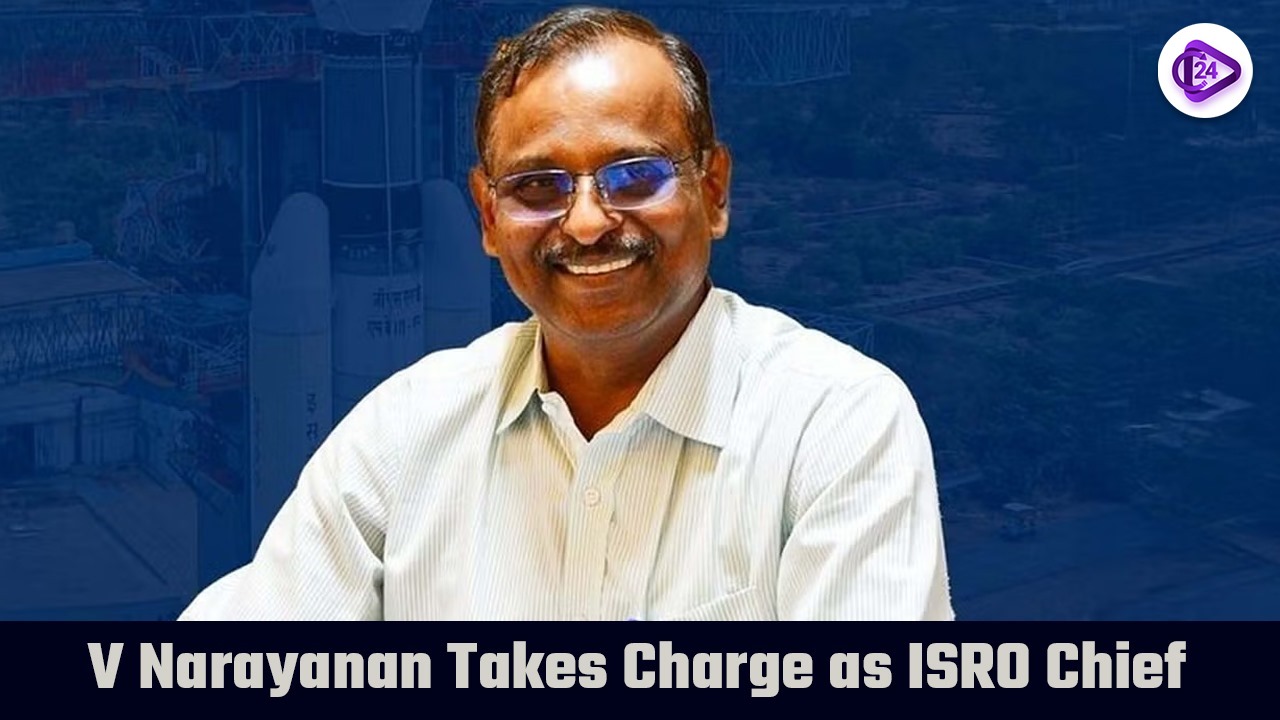 V Narayanan Appointed as ISRO Chief and Secretary of the Department of Space
V Narayanan Appointed as ISRO Chief and Secretary of the Department of Space Semiconductor Plant of Tata Electronics Limited in Assam
Semiconductor Plant of Tata Electronics Limited in Assam Modhweth Festival of the Toda Tribe: A Cultural Celebration in Nilgiris
Modhweth Festival of the Toda Tribe: A Cultural Celebration in Nilgiris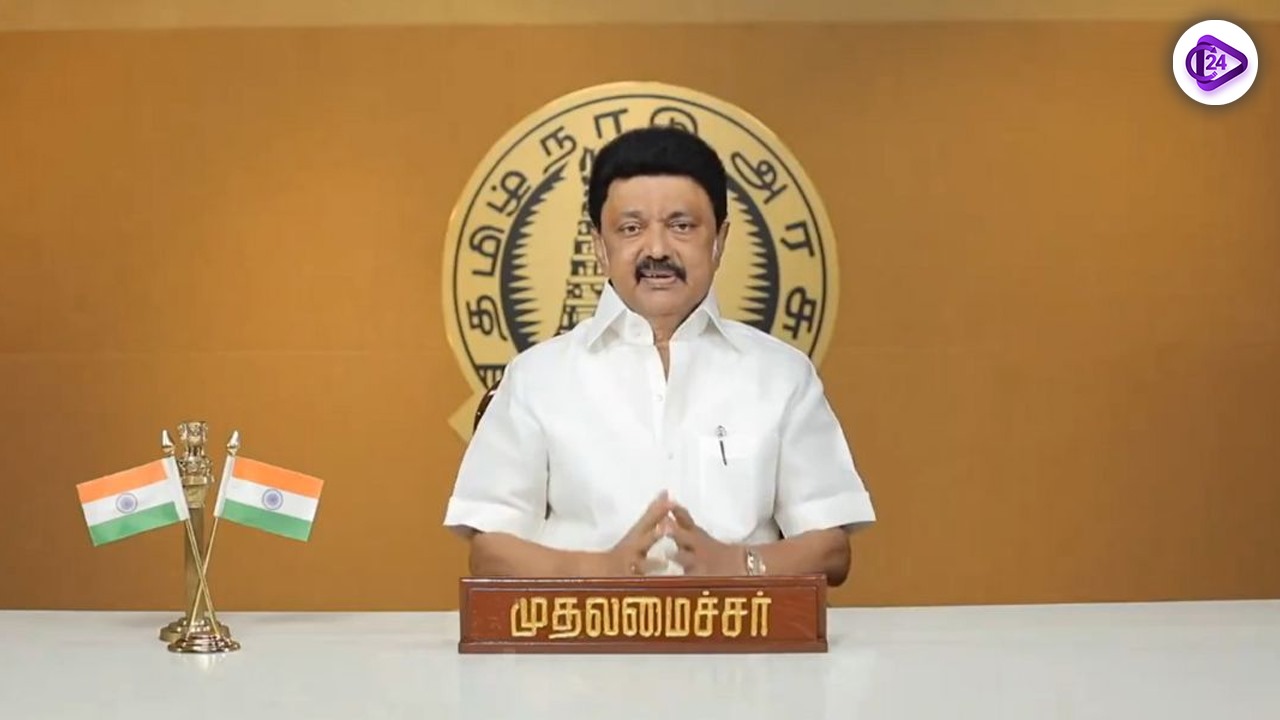 Tamil Nadu CM Offers $1 Million to Decode Indus Valley Script
Tamil Nadu CM Offers $1 Million to Decode Indus Valley Script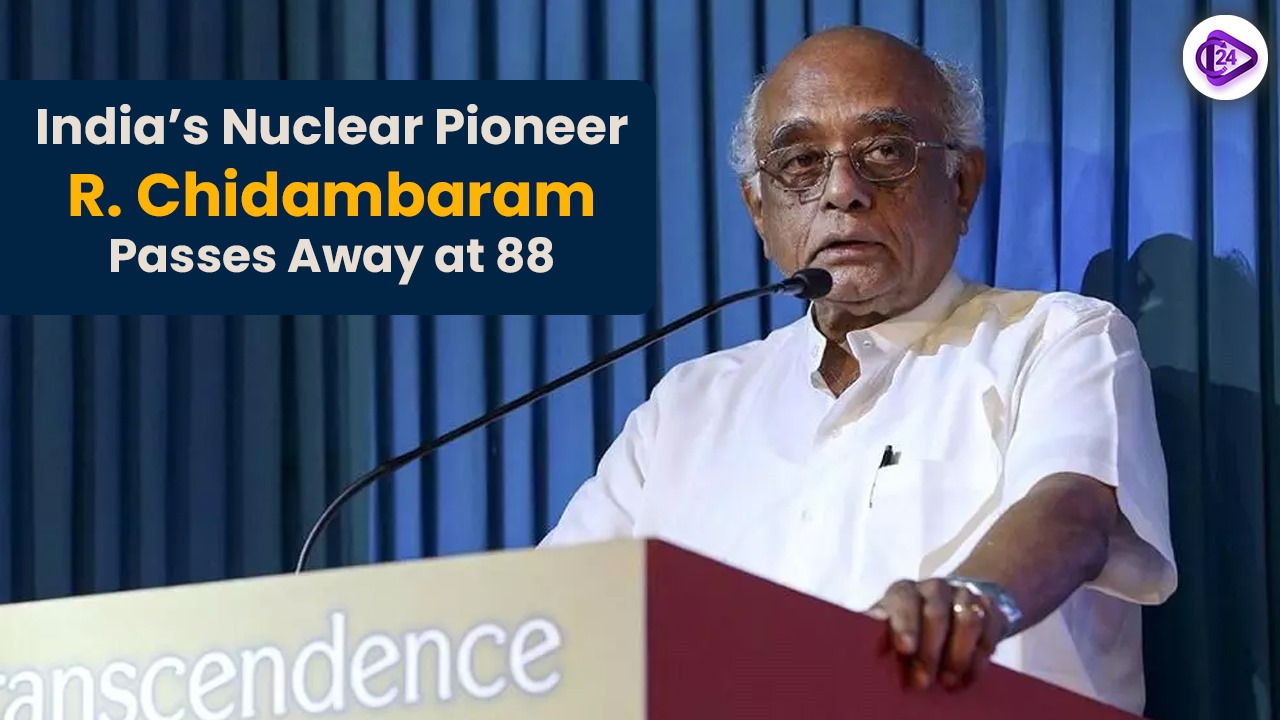 Dr. R. Chidambaram, Architect of India Nuclear Program, Passes Away
Dr. R. Chidambaram, Architect of India Nuclear Program, Passes Away World Braille Day: Celebrating Inclusion, Innovation & Independence
World Braille Day: Celebrating Inclusion, Innovation & Independence Nano-formulated melatonin: Possibly, the Parkinson disease therapy breakthrough
Nano-formulated melatonin: Possibly, the Parkinson disease therapy breakthrough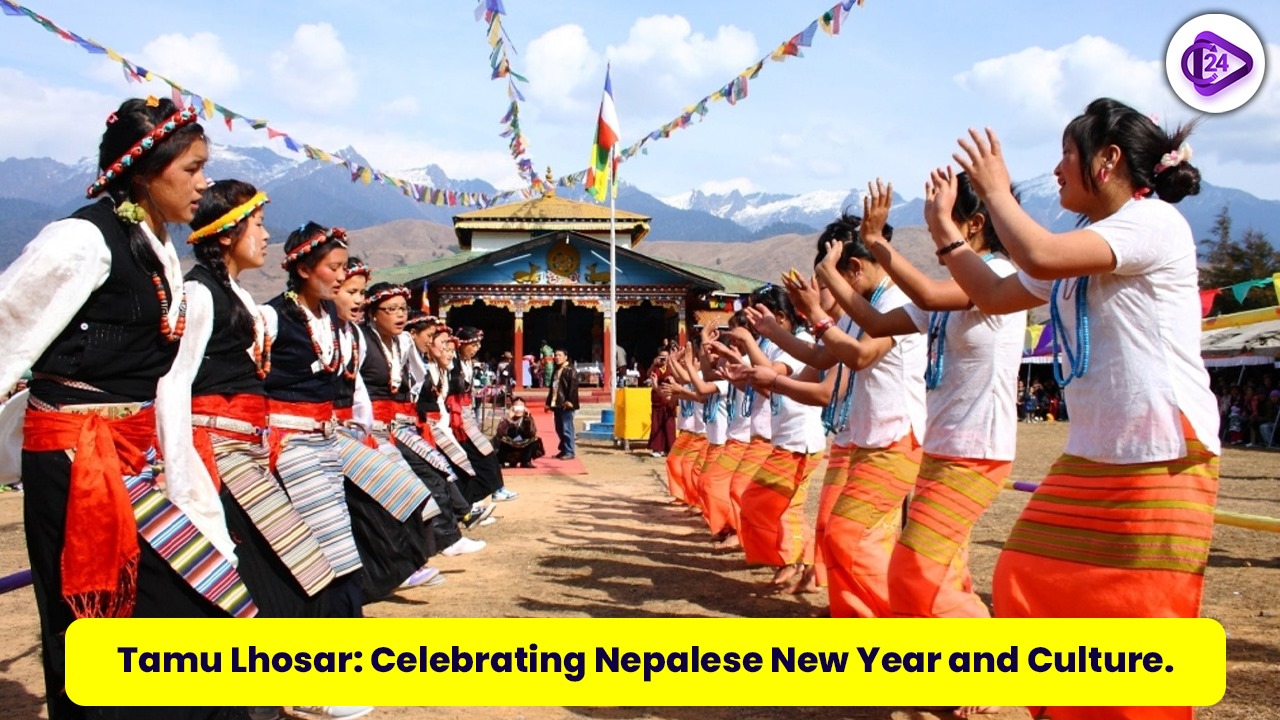 Tamu Lhosar: Nepalese New Year Celebration and Cultural Heritage
Tamu Lhosar: Nepalese New Year Celebration and Cultural Heritage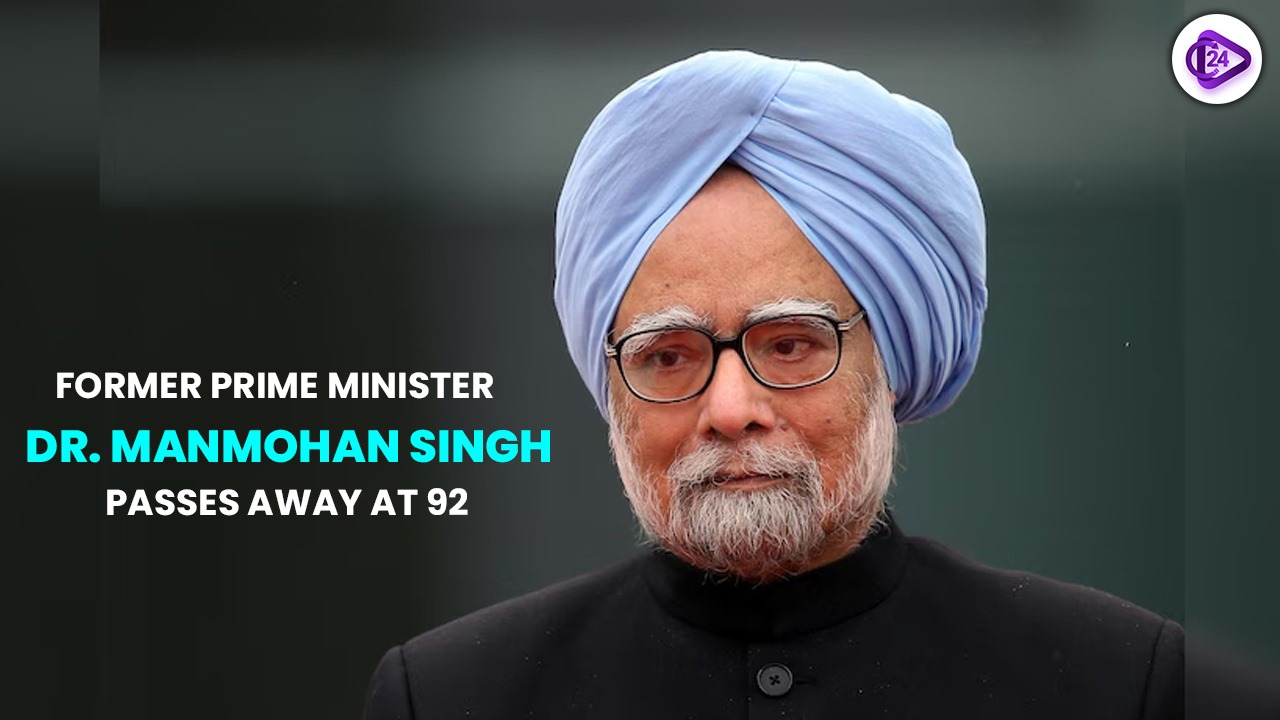 Dr. Manmohan Singh, Former Prime Minister of India, Passes Away
Dr. Manmohan Singh, Former Prime Minister of India, Passes Away






